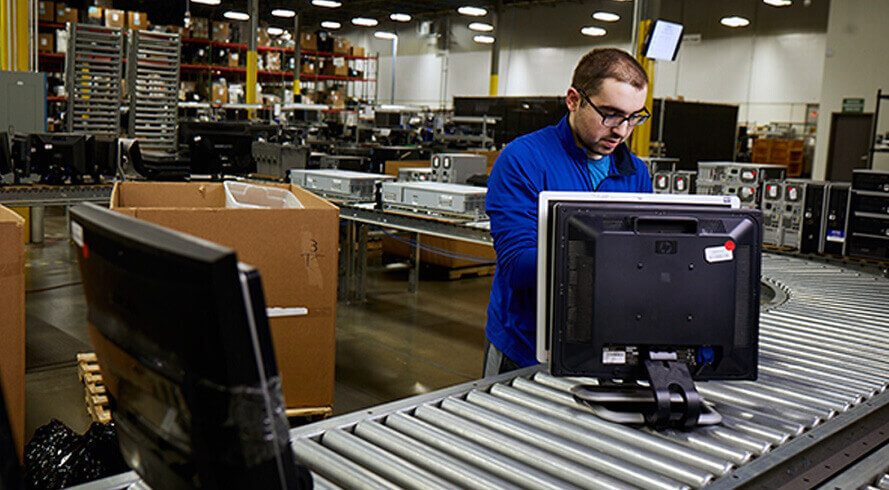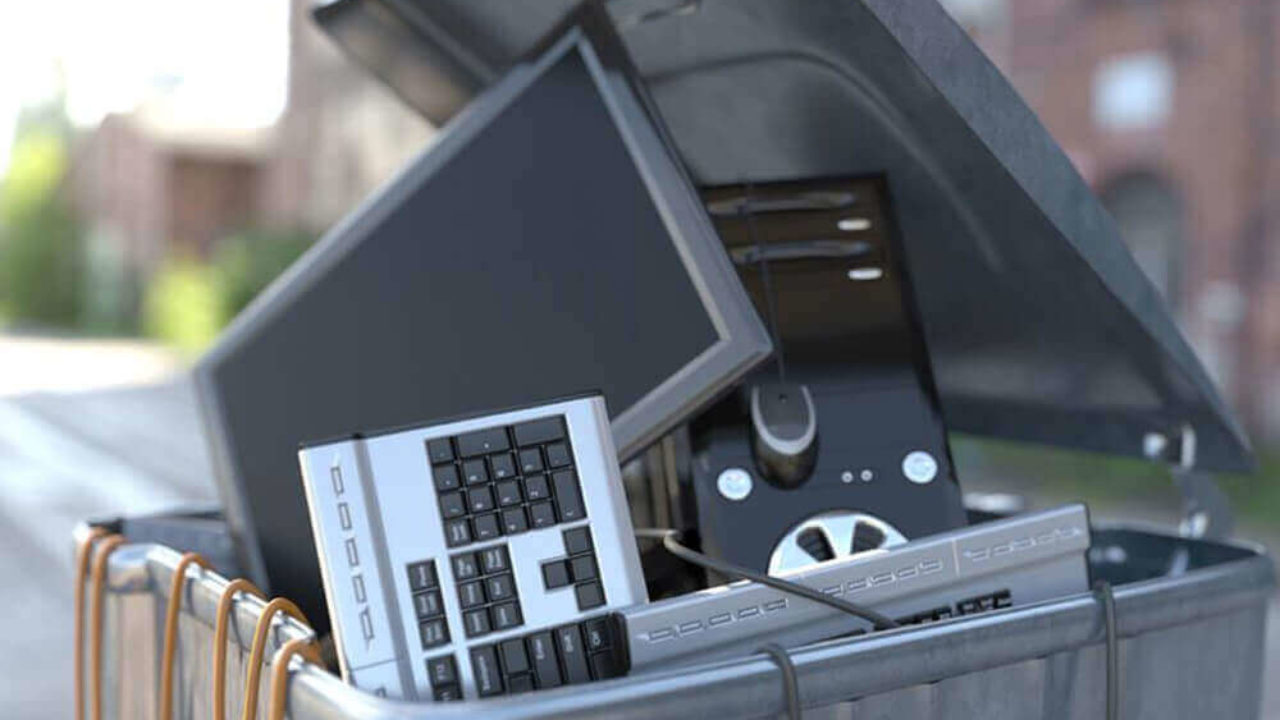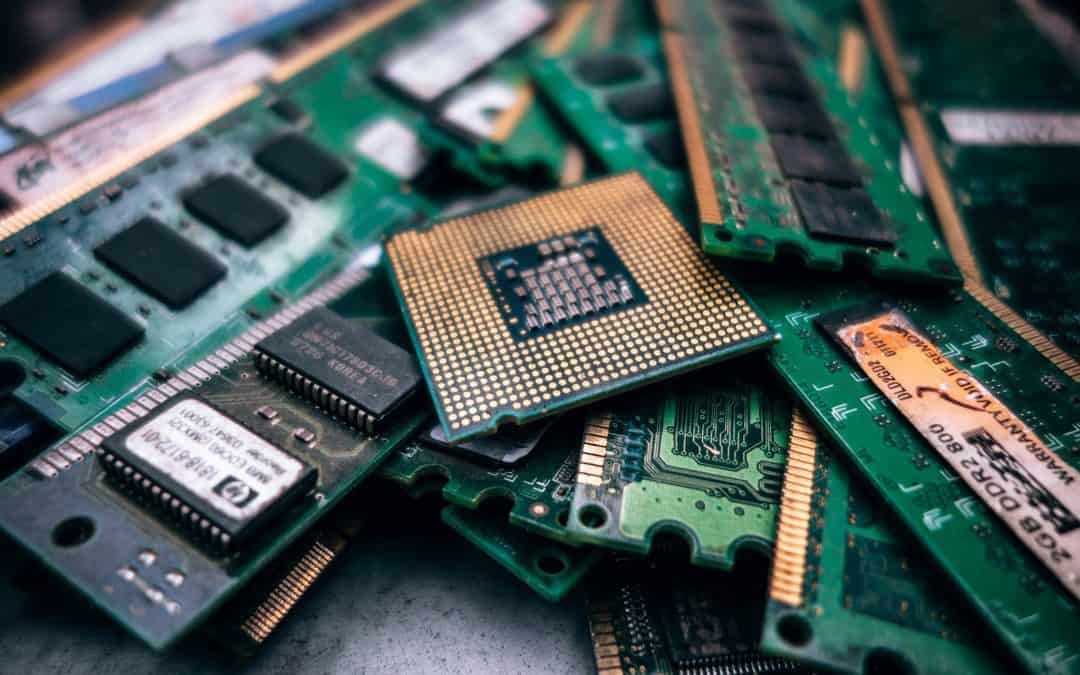Many businesses struggle to keep pace with the evolving technology and equipment used in their daily operations. When it is time to replace retired or outdated IT equipment, businesses must be careful with the disposition. They need to form a proper strategy to eliminate their IT assets efficiently to minimize the hazards involved.
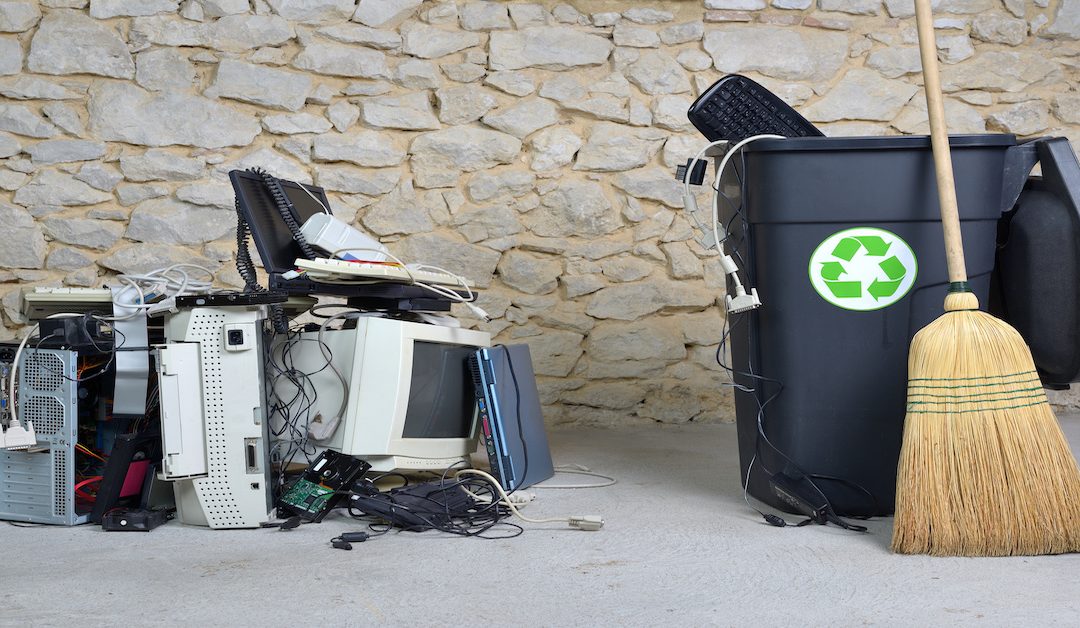
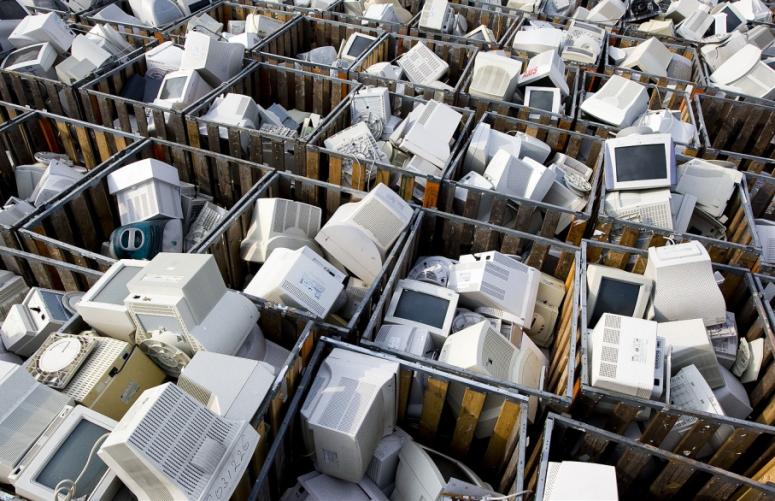
Risks Involved with ITAD
Businesses that don’t pay much attention to their IT equipment disposal run the following risks. Each of these can cost the business both financially and growth-wise. Understanding these hazards is essential to develop safe ITAD processes for your company.Data Breaches
Unauthorized access to private information concerning the company or its customers can result in data loss or breaches. A data breach may occur with the need for a small piece of sensitive data, but it can harm the company’s operations. Several companies face data breaches due to improper disposal of their IT assets that contain crucial company data. Devices are frequently not managed and decommissioned in compliance with industry standards and regulations, which makes it crucial to carefully organize schedules and carry out erasure/destruction services with a reliable vendor.Disregard for Industry Regulations
When disposing of the company’s IT assets, it is essential to consider the industry standards and policies to ensure you are doing it correctly. Regulatory requirements for the deletion and destruction of IT assets vary by industry and include FACTA, HIPPA/HITECH, PCI, etc. A business won’t have the correct records and certifications required if an audit is conducted without using a third-party vendor that is duly certified to handle IT asset disposition. Industry regulations are essential for a seamless ITAD process ensuring safe data destruction and equipment reuse/recycling.
Security
One of the major risks involving IT asset disposal is data security. Businesses that want to eliminate outdated electronic equipment must also account for the data stored on these devices. The sensitive information on these must be safeguarded under privacy laws, otherwise facing legal repercussions. The ITAD process must clarify the data erasure or shifting criteria before selling or destroying obsolete hardware. A certified ITAD vendor has the expertise to erase data before selling equipment or provides shredding and part recycling for your piece of mind.Environmental Hazards
IT equipment disposals have caused concern about electronic waste disposed of improperly in landfills and trash incinerators. As businesses and customers want their operations to be environmentally sustainable, the ITAD process must keep the environment in mind. The repercussions of violating the environmental disposal and recycling procedures can be severe. It may cost more as companies not following these policies may have to pay fines, penalties and costs for proper cleanup. Moreover, the company’s reputation is also at stake when the retired IT equipment isn’t treated rightfully.Ways to Prevent Risks of Improper ITAD
As seen above, IT asset disposal is a major part of organizations that employ different technological equipment for their daily operations. To minimize the risks of improper ITAD disposal, the company should consider the following approaches:Hire a Certified ITAD Vendor
Data security and integrity must be the primary concern for businesses when they need to get rid of IT asset disposal. You can hire a certified ITAD vendor to assist the organization’s data deletion and erasure. When you work with a skilled ITAD vendor who provides certified data erasure services, you may access outside data security expertise and free up your IT team to focus on other important responsibilities. A qualified ITAD vendor’s knowledge, training, and stringent procedure ensure that the data sanitization process is carried out correctly. The standardized procedures followed by these ITAD vendors mitigate the risks of improper disposal and benefits in terms of cost and effort. However, choosing the vendor is crucial as you can’t trust anyone handling your sensitive data and equipment.Make an ITAD Policy Guide
Businesses must have a valid ITAD policy for discarding e-waste. These policies indicate how the disposal will take place in compliance with the legal and ethical policies. Moreover, the strategy includes which recycler should be used, who should look after it, what the report should display, etc. The ITAD vendor assists in forming the ITAD policy for the company and trains the employees on the technicalities of the process. Employee cooperation is necessary to properly dispose of the IT equipment and minimize the risks involved.

